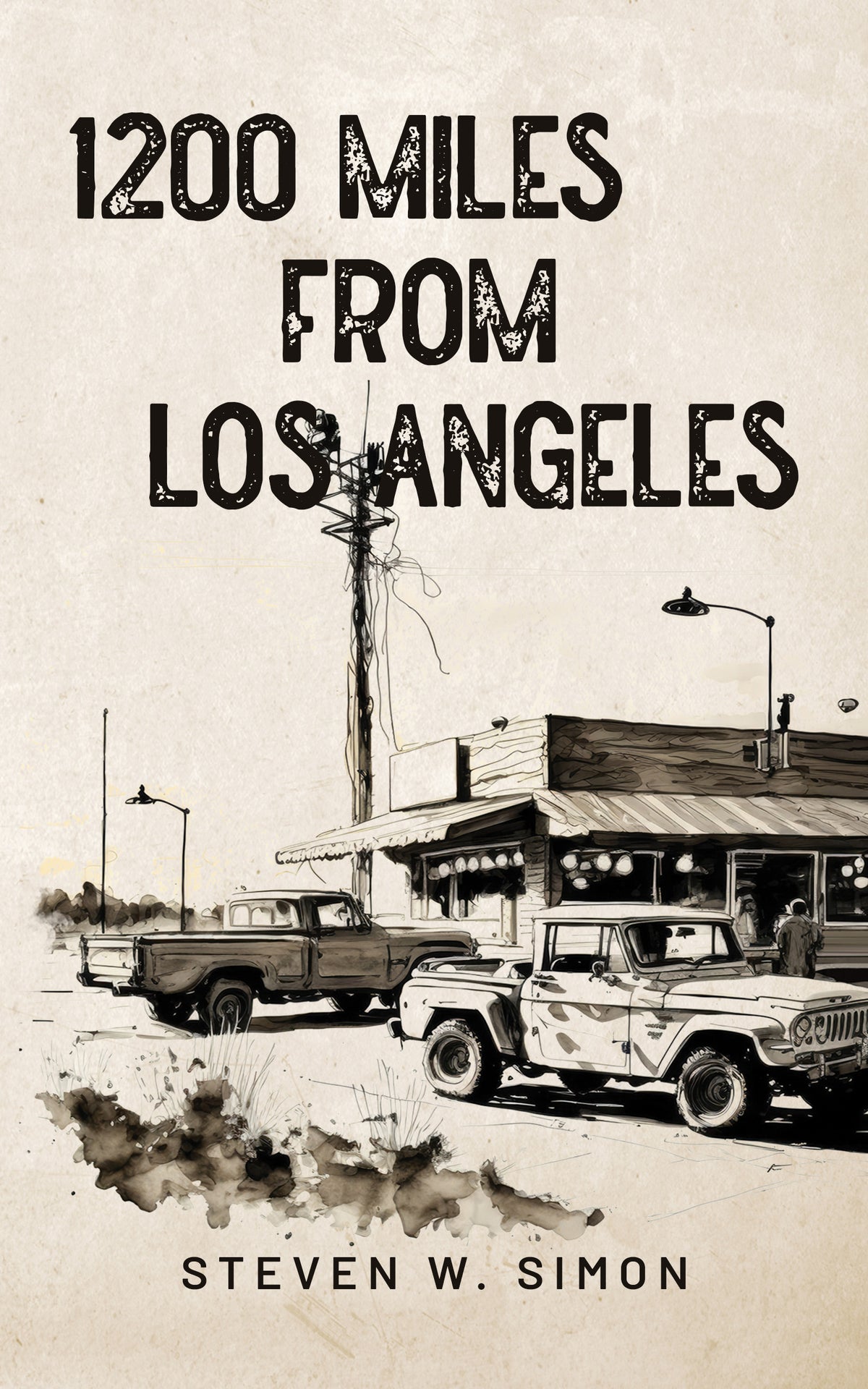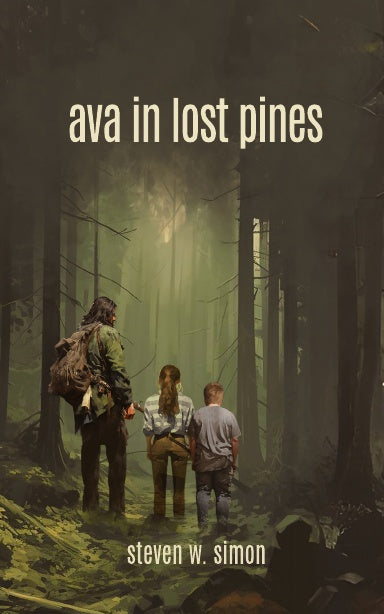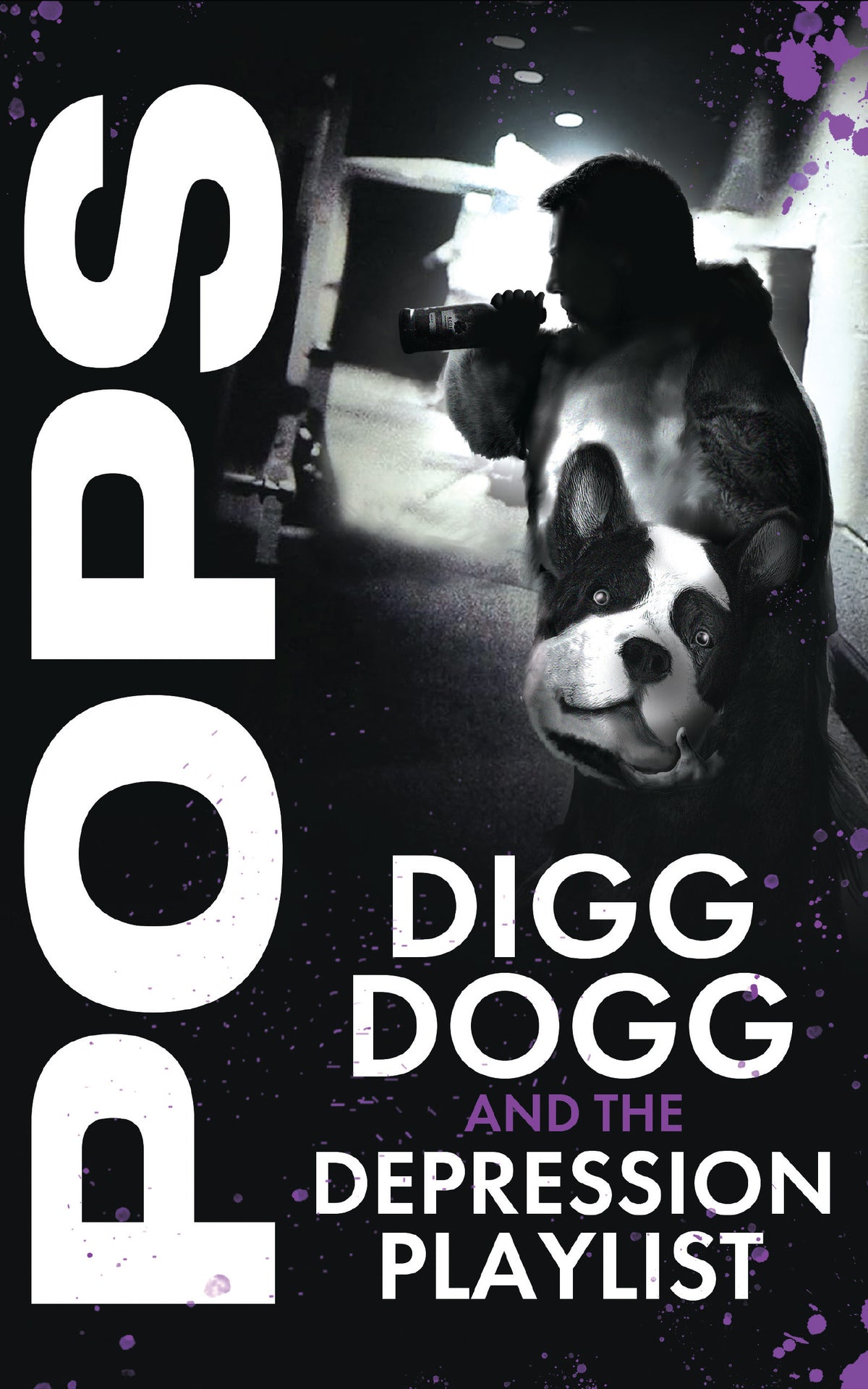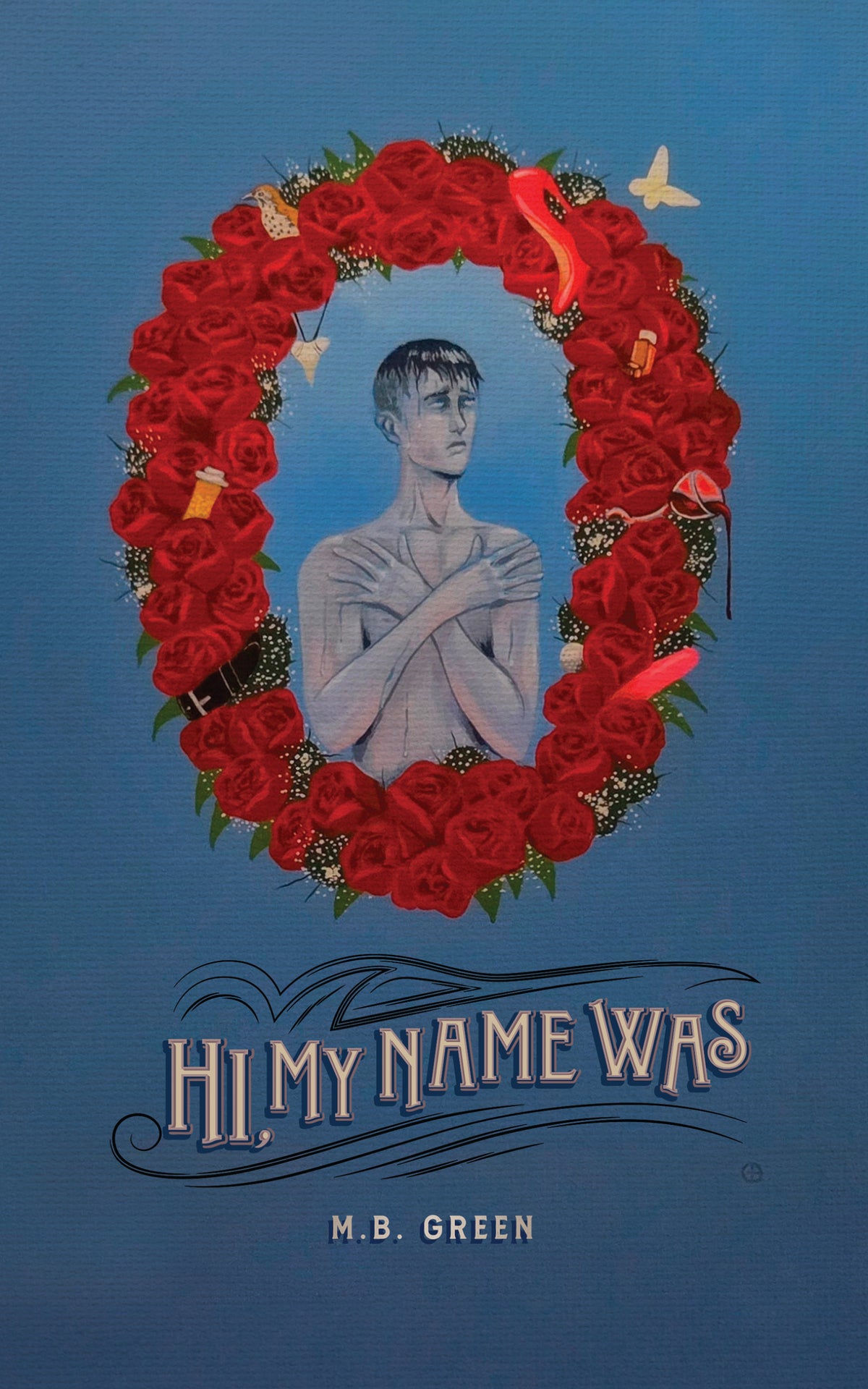Poetry has long been a space where writers explore the deepest corners of human experience. When emotions are too heavy for prose or conversation, poetry offers a language that cuts through silence. For many survivors of PTSD, violence, or abuse, poetry is more than art. It is survival. It gives shape to pain, transforms chaos into rhythm, and allows the unspeakable to be spoken.
This is why poetry books about trauma continue to resonate with readers around the world. They do not shy away from wounds but instead use words as tools for healing, connection, and understanding.
Why Poetry Speaks to Trauma
Trauma is often difficult to explain. The memories are fragmented, the feelings overwhelming, and the body remembers what the mind cannot easily describe. Poetry mirrors this reality. It can be fragmented, lyrical, or disjointed in ways that capture the experience of trauma more effectively than straightforward narrative.
Unlike clinical writing or factual accounts, poetry invites vulnerability. It does not aim to solve trauma but to sit with it. This act of bearing witness is powerful. Readers who have lived through abuse or violence often recognize themselves in the lines of others, while those who have not can develop empathy through the poet’s words.
Themes Found in Poetry About Trauma
Although each collection is unique, many poetry books about trauma share common themes.
1. Memory and Fragmentation
Poets often reflect the broken nature of memory after trauma. Poems may skip time, change voices, or appear in fragments, mirroring how survivors recall experiences.
2. The Body Remembers
Many trauma poems focus on the physical impact of PTSD, describing insomnia, panic attacks, or physical responses to triggers. The body is often both a site of suffering and a source of resilience.
3. Violence and Survival
Whether personal or collective, violence leaves an imprint. Poets often confront this reality while also highlighting survival and resistance.
4. Reclamation of Voice
For survivors of abuse, speaking out is itself an act of defiance. Poetry allows for reclaiming power through self-expression.
5. Healing and Transformation
While trauma is central, many poetry books also explore healing. Poems may not offer easy resolutions but they do suggest that speaking truth can be part of recovery.
Notable Poetry Books About Trauma
There are countless collections that address trauma directly or indirectly. The following works are often recommended for their raw honesty and literary power.
Milk and Honey by Rupi Kaur
Kaur’s debut collection became a global bestseller. It includes poems on love, loss, trauma, healing, and femininity. Her work is accessible yet unflinching, often addressing sexual abuse and its lasting effects.
Citizen: An American Lyric by Claudia Rankine
Rankine blends poetry, essay, and visual art to confront racial trauma, microaggressions, and systemic violence. While not about one single experience of abuse, the book explores how trauma can be both personal and collective.
The Sins of the Fathers by Sarah Moquin
Moquin writes to her traumatic childhood. The Sins of the Fathers is part memoir and part trauma processing, and includes themes such as abuse, violence, and incest.
Night Sky with Exit Wounds by Ocean Vuong
Vuong’s poetry reflects on war, displacement, queerness, and intergenerational trauma. His poems highlight how the Vietnam War and its violence echo across generations.
The Terrible by Yrsa Daley-Ward
A blend of poetry and memoir, this book explores themes of family trauma, addiction, and abuse. Daley-Ward’s style is candid and lyrical, offering both pain and resilience.
No Matter the Wreckage by Sarah Kay
Kay writes about personal trauma and healing with warmth and clarity. While not exclusively about PTSD or violence, her work includes reflections on survival and growth.
The Collected Poems of Audre Lorde
Lorde’s work confronts racism, sexism, homophobia, and violence with fearless honesty. Her poems also offer visions of strength and community that inspire generations of readers.
The Role of Poetry in Healing Trauma
For survivors of trauma, reading or writing poetry can be therapeutic. This does not mean poetry replaces professional treatment for PTSD, but it can complement healing in several ways:
-
Validation: Seeing your own feelings reflected in words can reduce isolation.
-
Expression: Writing poetry allows survivors to release emotions without needing to explain them logically.
-
Empowerment: Turning trauma into art can restore a sense of agency.
-
Connection: Poetry fosters empathy, helping survivors build community with others who have lived through abuse or violence.
Many therapists and trauma specialists encourage creative writing as part of a holistic healing process. Poetry can serve as a bridge between private pain and public expression.
How to Choose Poetry Books About Trauma
With so many options available, it can be difficult to know where to start. Consider the following tips:
-
Author Background: Many poets write from lived experience. Knowing an author’s story can deepen your connection to their work.
-
Tone: Some collections focus more on raw pain while others emphasize resilience and hope. Choose what resonates with your needs at the moment.
-
Accessibility: Some poets use experimental forms while others write in simple, direct language. Select the style that feels most approachable for you.
-
Community Recommendations: Survivor networks, book clubs, and online forums often suggest poetry books that have been meaningful in healing journeys.
The Broader Impact of Poetry About Trauma
While poetry can support individual healing, it also plays a role in social change. Collections that address violence and abuse bring awareness to systemic problems and spark conversations that may otherwise be ignored.
For example, books like Claudia Rankine’s Citizen or Audre Lorde’s poems push readers to confront racial and gendered trauma. Similarly, Ocean Vuong’s work highlights how war leaves scars not only on individuals but also on entire communities.
By amplifying personal stories, these poetry books contribute to collective understanding of trauma’s impact and the need for empathy, justice, and healing at a societal level.
Final Thoughts
Poetry books about trauma remind us that pain can be transformed into something meaningful. For survivors of PTSD, violence, or abuse, poetry is more than literature. It is a lifeline. It provides validation, connection, and the possibility of healing through words.
For readers and writers alike, poetry offers a reminder: healing does not mean erasing the past. It means finding a way to live with it, to transform it, and sometimes to turn it into art that speaks for all of us.






